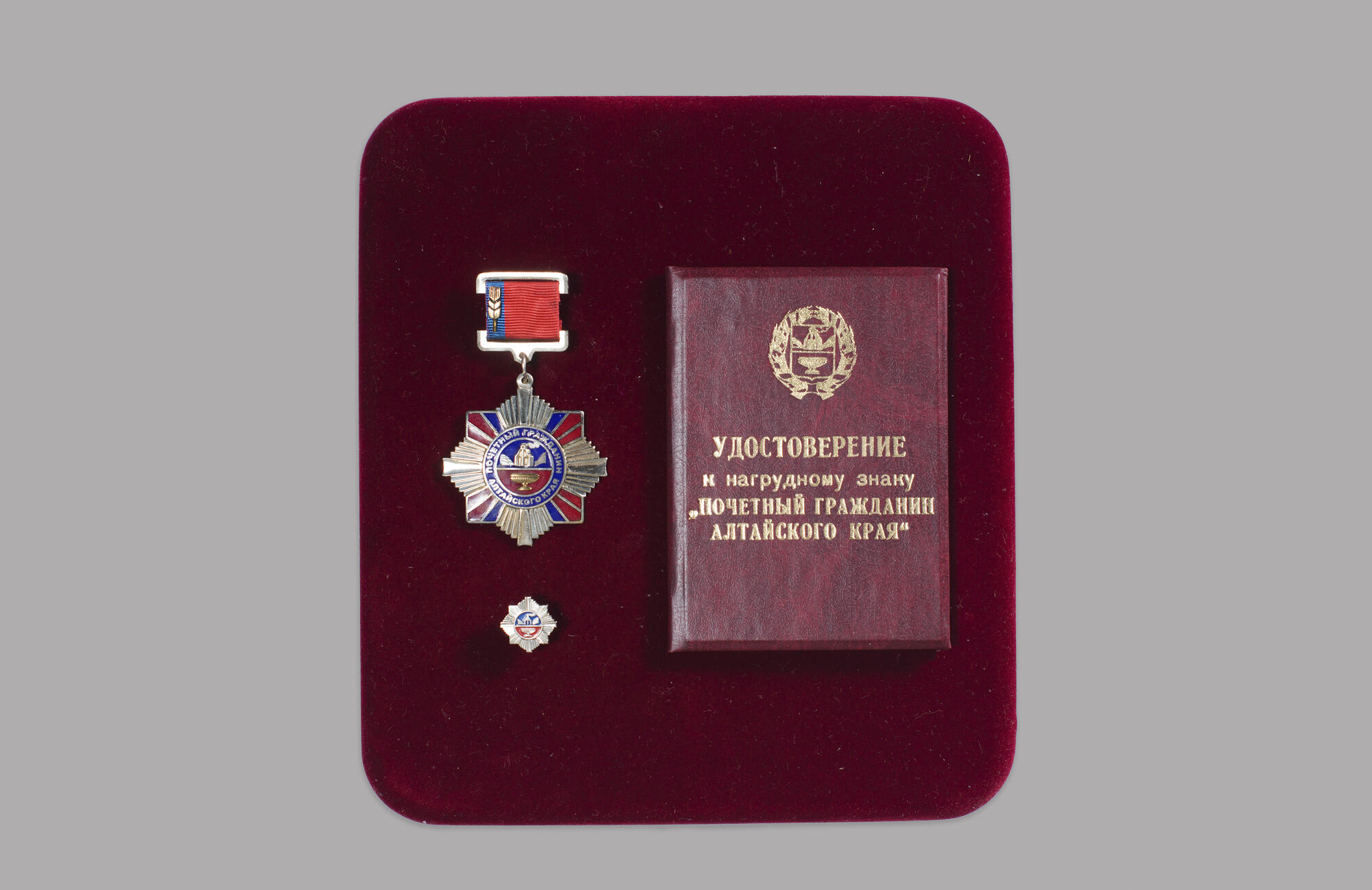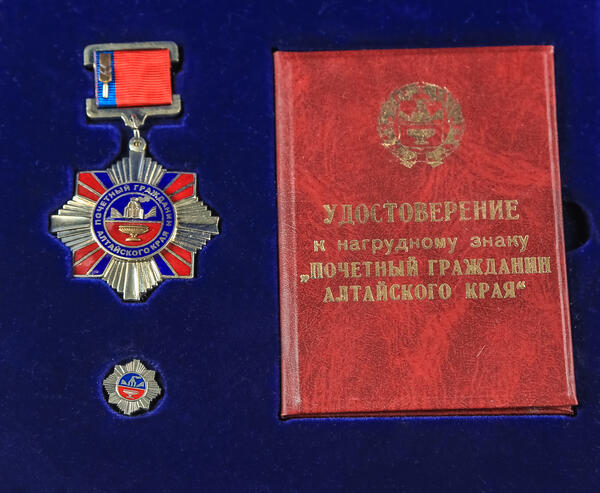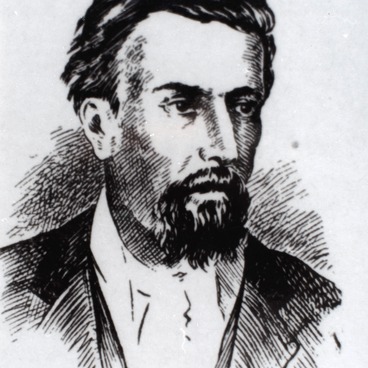Gherman Stepanovich Titov was most often referred to as Cosmonaut Number Two. This is how he is known all over the world. However, Titov also had a number of official titles.
In 1980, Gherman Titov successfully defended a thesis titled “Study of the potential nature of military activities in space and the ways of fighting for superiority in space” and received the degree of a Candidate of Military Sciences.
In 1988, he was awarded the Lenin Prize after the Zenit missile system was adopted for service.
A day after his historic flight, Gherman Titov was awarded the title Hero of the Soviet Union, the Order of Lenin, and the Gold Star medal for his contribution to space exploration. He also received the Order of the October Revolution, Order of the Red Banner of Labor, Order of Merit for the Fatherland, 3rd class, and many other medals.
Nine other countries presented their official awards and honorary titles to Titov, including Vietnam, Congo, Bulgaria, Romania, Mongolia, Serbia, and the German Democratic Republic.
Titov was awarded the Konstantin Tsiolkovsky Gold Medal of the Academy of Sciences of the Soviet Union and the De la Vaulx Medal of the World Air Sports Federation.
In March 2000, President of the Russian Federation Vladimir Putin officially expressed his gratitude for Titov’s great contribution to the formation and development of Russian and international cosmonautics.
Gherman Titov published over 30 scientific papers on the application of aerospace systems. Based on his memories and thoughts, he wrote several books, including “700 Thousand Kilometers in Space”, “Seventeen Cosmic Dawns”, “My Blue Planet”, and “On the Stellar and Earth Orbits”.
The most valuable award in the museum’s collection is the badge “Honorary citizen of Altai Krai” presented to Titov for his unique contribution to space exploration, as well as national, social, and political activities. The Altai Krai Congress of People’s Deputies issued a respective decree a year after the hero’s death. This honorary mark of distinction was donated to the museum by the cosmonaut’s widow Tamara Vasilyevna Titova.
In 1980, Gherman Titov successfully defended a thesis titled “Study of the potential nature of military activities in space and the ways of fighting for superiority in space” and received the degree of a Candidate of Military Sciences.
In 1988, he was awarded the Lenin Prize after the Zenit missile system was adopted for service.
A day after his historic flight, Gherman Titov was awarded the title Hero of the Soviet Union, the Order of Lenin, and the Gold Star medal for his contribution to space exploration. He also received the Order of the October Revolution, Order of the Red Banner of Labor, Order of Merit for the Fatherland, 3rd class, and many other medals.
Nine other countries presented their official awards and honorary titles to Titov, including Vietnam, Congo, Bulgaria, Romania, Mongolia, Serbia, and the German Democratic Republic.
Titov was awarded the Konstantin Tsiolkovsky Gold Medal of the Academy of Sciences of the Soviet Union and the De la Vaulx Medal of the World Air Sports Federation.
In March 2000, President of the Russian Federation Vladimir Putin officially expressed his gratitude for Titov’s great contribution to the formation and development of Russian and international cosmonautics.
Gherman Titov published over 30 scientific papers on the application of aerospace systems. Based on his memories and thoughts, he wrote several books, including “700 Thousand Kilometers in Space”, “Seventeen Cosmic Dawns”, “My Blue Planet”, and “On the Stellar and Earth Orbits”.
The most valuable award in the museum’s collection is the badge “Honorary citizen of Altai Krai” presented to Titov for his unique contribution to space exploration, as well as national, social, and political activities. The Altai Krai Congress of People’s Deputies issued a respective decree a year after the hero’s death. This honorary mark of distinction was donated to the museum by the cosmonaut’s widow Tamara Vasilyevna Titova.



